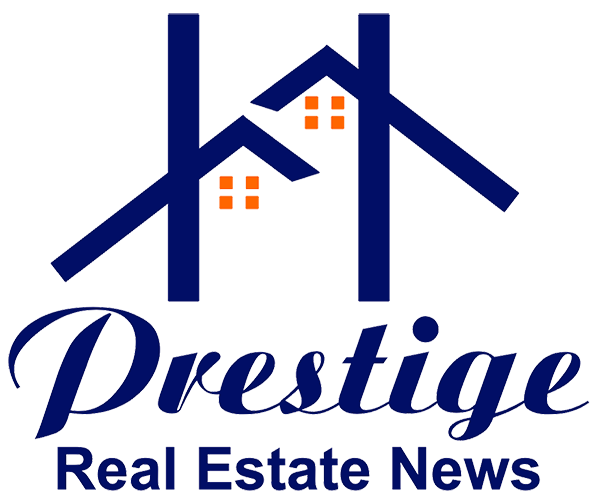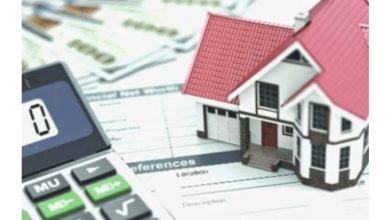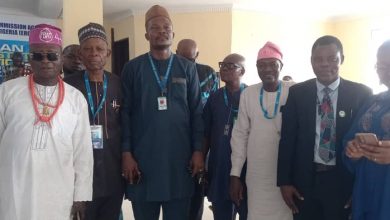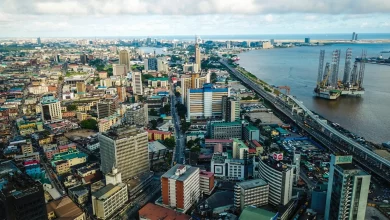How to tackle Nigeria’s housing affordability crisis —Experts | Prestige Real Estate News
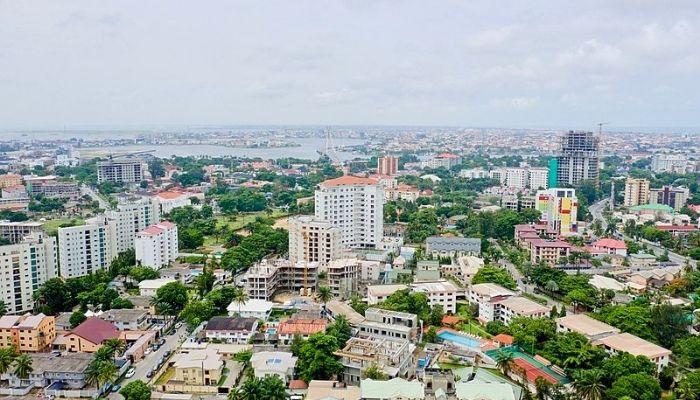
It’s no longer news that Nigeria has over 17 million housing deficit that will require housing construction of over 700,000 annually for the next 20 years to bridge the gap.
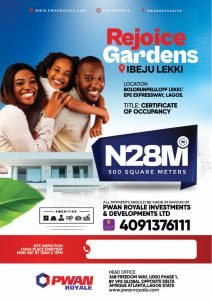
Even, if these houses are built right now and made available, Nigerian Tribune gathered that more than 85 percent of the citizens in dire need of accommodation will not be able to access them due to high cost.
Currently, one-bedroom apartment costs between N10 million and N25 million in Nigerian cities of Lagos and Abuja.
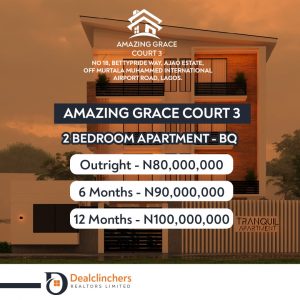
With the paltry N70,000 worker’s minimum wage, hope of many Nigerians to become home owners at a difficult time like this, is hanging in the balance.
Disturbed by the Nigeria’s affordable housing crisis, real estate experts are rising to the occasion, suggesting ways out of the situation.
Describing housing affordability crisis in Nigeria as a “complex issue with no easy solutions”, Lead Promoter of African International Housing Show (AIHS), called for the right policies from the government.

While he canvassed for government’s intervention, he emphasised that the right incentives in the forms of subsidies, tax rebates and support for infrastructure development will improve the situation.
He reminded the government that housing is a fundamental human need, and addressing the current crisis is essential for the future of Nigeria.

Lagos-based estate surveyor and valuer, Femi Oyedele, explained that to solve housing challenges in Nigeria, government and all stakeholders should be talking of social housing.
Justifying the need for social housing, he said: “Majority of the people are poor and more will join the poor group in the coming months.”

He described housing as a fundamental human rights in Nigeria, noting that Nigeria asserted to Article 25 of the Universal Declaration of Human Rights of 1948 and the 1966 International Covenant on Economic, Social and Cultural Rights..
He said: “Affordable Housing is relative. Its definitions are derivational and situational.
“A definition by International organisations says affordable housing is housing that 30% or one-third of income can procure.

“If 30 percent of minimum wage of N70,000, that is, N21,000 is spent on rent, the balance will be N49,000. The other basic expenses are: food, transportation, electricity, water, healthcare etc. Can N49,000 cover the bills for these essential needs called non-discretionary expenditures?
“ In New Zealand and Australia, affordable housing is defined as the median housing cost or below median housing cost as determined by the government. This definition takes care of the majority occupiers of housing. It says the house of the majority people is affordable housing. Any house below median cost of housing is termed “housing for the poor”.
“Affordable housing is housing that a household can pay for, while still having money left over for other necessities like food, transportation, and healthcare. That means that what’s considered “affordable” depends on a household income,” he said.
He is of the opinion that if the government followed rule based on the 1999 constitution, it will ensure that all can be housed.
He said that government could as well adopt local building materials for a start and then improve or upgrade in the future.
“For example, construct one and two bedroom flats with one toilet and bath that can be improved or upgrade to two bedrooms and three bedrooms with two toilets and baths respectively,” he said.
Housing crisis
In continuation, Adebayo, who is also the Executive Director, Housing Development Advocacy Network (HDAN), lamented that housing affordability crisis in Nigeria has reached alarming levels, particularly in Lagos and Abuja, where property prices have soared beyond the reach of many potential home. buyers.
He advocated for government’s intervention to address the growing crisis, which has made homeownership a distant dream for many Nigerians.
“Over the past few years, the housing market in Nigeria has become increasingly unforgiving. In Lagos and Abuja, two of the country’s most expensive cities, the cost of housing has jumped dramatically.
“These figures have essentially erased the hope of the average Nigerian. The dream of owning a home has become a nightmare for many, as they are forced to grapple with a market that is simply out of their reach,” Adebayo said.
He listed factors responsible for housing affordability crisis in Nigeria to include inflation, high cost of building materials, volatile foreign exchange and high interest rates.
He explained that inflation in Nigeria has been persistently high, with the rate decreasing slightly to 33.40 percent in July 2024 from 34.19 percent in June 2024.
Inflation, he said has had negative effect on the cost of living.
“The cost of building materials has surged, making it increasingly expensive to construct new homes. Poor exchange rate and high interest rates have been making the situation difficult for developers and potential homeowners,” he said.
He pointed out that the economic pressures had driven up the cost of existing homes and made it difficult for new projects to come to fruition, a situation that further exacerbates the shortage of affordable housing.
Adebayo called on President Bola Tinubu to intervene urgently in the area of social housing.
“President Tinubu has an opportunity to make a significant impact by addressing the housing affordability crisis head-on. Around the world, provisions are made for the poor, and Nigeria should be no different. We need subsidies, tax rebates, and infrastructure support to make housing more affordable for all Nigerians,” he said.
- Nigerian Tribune

